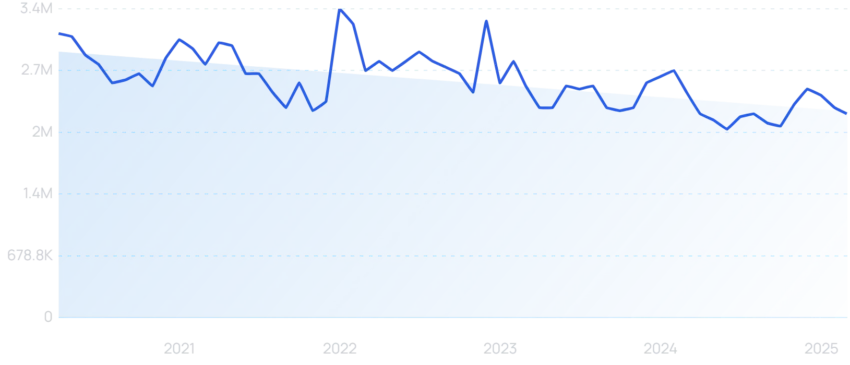TL;DR Summary of The Rise of Decentralized Social Media: Platforms, Trends, and User Shifts
Optimixed’s Overview: Navigating the Emerging Landscape of Decentralized Social Networks
Understanding Decentralized Social Media
Decentralized social media platforms operate across independently managed servers, shifting control away from centralized corporations toward users. Unlike traditional platforms controlled by tech giants, decentralized networks provide greater transparency, user ownership, and resistance to political and corporate interference. This shift has been driven by increasing user dissatisfaction with platforms like Facebook, Instagram, and X, which have seen significant declines in user engagement and trust.
Key Platforms Transforming Social Media
- Bluesky: With around 40 million users, Bluesky is the most mainstream decentralized platform, built on the open-source AT Protocol. It offers a familiar Twitter-like interface but with enhanced user control over feeds and content moderation.
- Mastodon: A federated network with nearly 10 million users spread across over 9,500 independently run servers. Mastodon enables cross-instance communication through the ActivityPub protocol, fostering a diverse ecosystem.
- Pixelfed: The decentralized Instagram alternative, boasting nearly 1 million users and over 97 million shared images and videos. It integrates with Mastodon through ActivityPub, emphasizing photo and video sharing without centralized control.
- Skylight Social and Flashes: Emerging decentralized platforms focused on short-form video and multimedia content, leveraging the AT Protocol to interconnect with Bluesky’s user base.
Market Trends and User Behavior
Data shows a significant increase in searches related to decentralized social media—up 145% over five years—and a 900% spike for the “Fediverse,” the collective network of interoperable platforms. Users typically engage with an average of 6.75 social platforms monthly, indicating comfort with multi-platform use rather than dominance by a single network.
Traditional giants like Meta continue to dominate in revenue and user count but face challenges adapting quickly to evolving user preferences. Meanwhile, TikTok leads in social commerce engagement, and X (formerly Twitter) is experiencing a notable user exodus amid politicization and platform instability.
Challenges and Moderation in Decentralized Networks
While decentralization promotes free speech and user control, it also complicates content moderation. Platforms like Bluesky have developed community guidelines and scalable moderation teams, leveraging open-source tools to manage millions of user reports. Mastodon relies on localized moderation per server, which can be difficult to scale effectively.
Effective moderation is essential not only for user safety but also to comply with legal obligations. AI-powered solutions are increasingly being integrated to assist in identifying and managing inappropriate content, balancing freedom with responsibility.
Implications for Brands and Marketers
As decentralized social media gains traction, brands and marketers must adapt their strategies to engage with these emerging platforms. Tools like Semrush’s social media toolkit and Exploding Topics Pro can provide valuable insights and early access to trending topics and user behaviors within the decentralized ecosystem.
Embracing decentralized platforms allows brands to reach audiences seeking alternatives to traditional social media, positioning themselves at the forefront of this evolving digital frontier.
